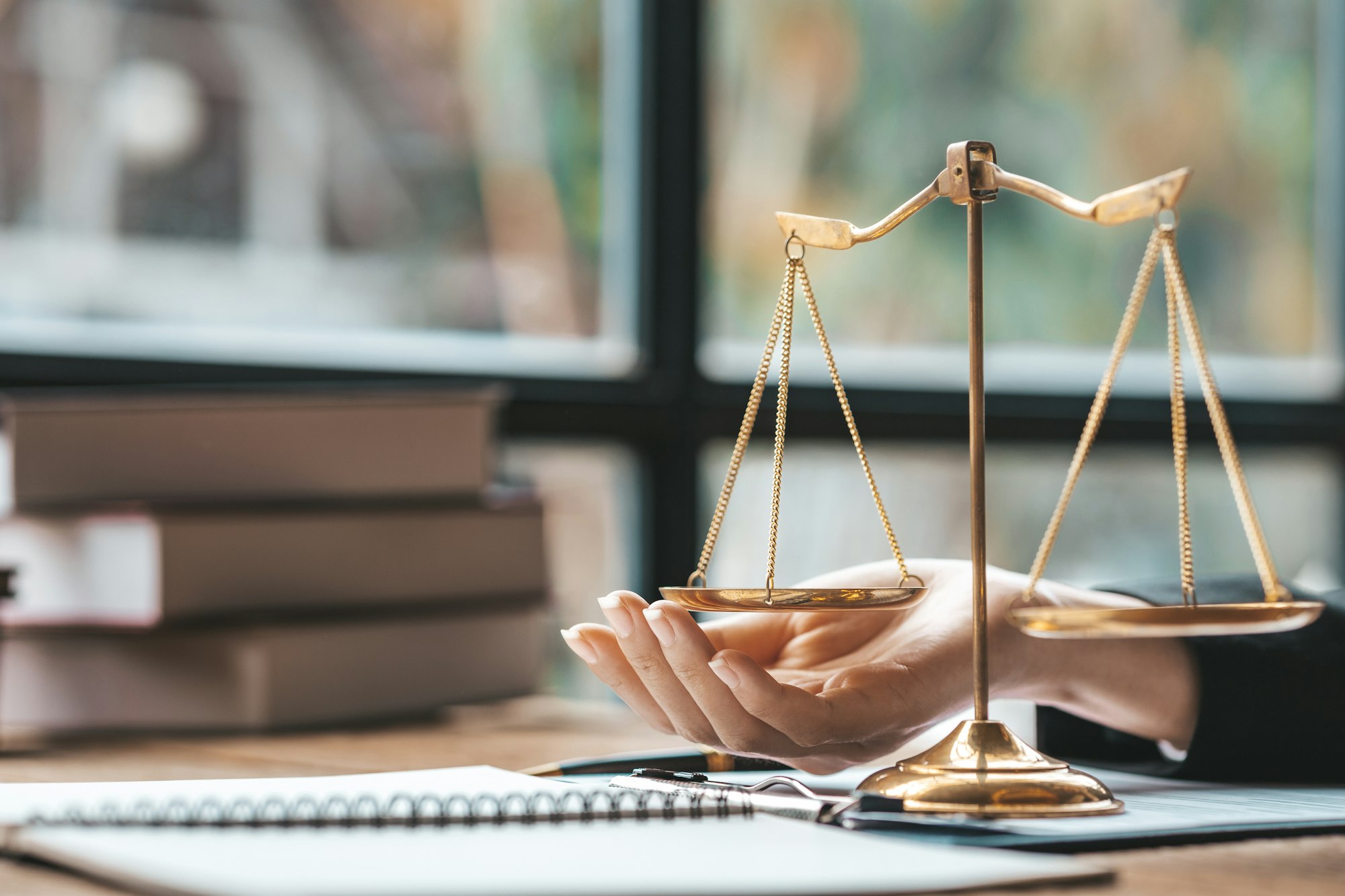OpenAI, a leader in artificial intelligence, finds itself in a heated legal battle with Elon Musk, one of its original co-founders. This case isn’t just a simple disagreement—it’s about serious stuff like who owns ideas and how companies compete. Let’s unpack this situation to understand what’s at stake and what it could mean for the future of technology.

What Started the Fight?
At the heart of this battle is a claim about intellectual property, which is a fancy way of saying who owns certain ideas or inventions. Elon Musk says that OpenAI is using technology that was developed while he was involved with the company, and he wasn’t given credit or compensation. This raises big questions about fairness and the rules of competition.
Key Points of the Lawsuit:
- Using Proprietary Tech: Musk accuses OpenAI of using specific tech that should have been exclusive to him.
- Fair Play: The lawsuit also looks at whether it’s fair to use such advanced tech in competitive settings, especially when the rules aren’t very clear.
Why Does This Matter?
This isn’t just a courtroom drama; it’s a case that could change how tech companies operate. It’s about balancing the need to innovate with making sure everyone plays by the rules.
What Could Change:
- Innovation vs. Rules: The decision in this case could help decide how much freedom tech companies have to innovate while still following the rules.
- Setting Examples: It could set a standard for how intellectual property is treated in tech, influencing future disputes.
Tips for Tech Companies
For anyone running a tech company, this case is a wake-up call. It shows how important it is to handle legal and ethical issues carefully.
How to Stay Safe:
- Strong Legal Backing: Make sure you have clear rules in place that protect your ideas while allowing room for innovation.
- Playing Fair: Stick to high ethical standards to ensure your company innovates without stepping on others’ toes.
Looking Ahead: AI and Business Ethics
The outcome of this lawsuit could reshape how AI is used in business. As AI becomes a bigger part of our lives, companies need to think about more than just what’s possible—they need to consider what’s right.
What to Watch For:
- New Rules: Expect tougher regulations that guide how AI is developed and used.
- Smart Planning: Companies need to be careful about integrating AI into their business, making sure they’re not only legal but also ethical.
In summary, the clash between Elon Musk and OpenAI isn’t just a legal battle—it’s a critical look at the ethics and competition in AI. How this turns out could affect not just these two players but the entire tech world, influencing how innovations emerge and how they’re governed.

Frequently Asked Questions About the OpenAI vs. Elon Musk Legal Battle
1. What’s the big deal about the lawsuit between OpenAI and Elon Musk?
This lawsuit is more than just a disagreement between a big tech mogul and an AI company. It’s about who gets to claim ownership over innovative technologies and how those claims affect everyone else in the tech world. Elon Musk believes that technologies he was involved in developing are being used without his permission, and this raises big questions about fairness and rights in the fast-moving tech industry.
2. How could this lawsuit affect other tech companies?
The outcome of this lawsuit could set a precedent, meaning it could establish a standard that other courts and companies follow in the future. Depending on how it’s resolved, it might make tech companies more cautious about how they use and share technologies, possibly requiring clearer agreements and more careful handling of intellectual property. It’s a wake-up call for everyone in the industry about the importance of legal and ethical practices.
3. What should companies do to avoid similar legal issues?
Companies should take this case as a reminder of the importance of having solid legal foundations, especially concerning intellectual property. It’s crucial to have clear, fair agreements about who owns what and how technologies can be used. Also, maintaining high ethical standards can help companies navigate the competitive tech landscape without stepping into legal grey areas. Basically, play fair, respect others’ creations, and make sure everything is squared away legally.
Sources The Guardian


